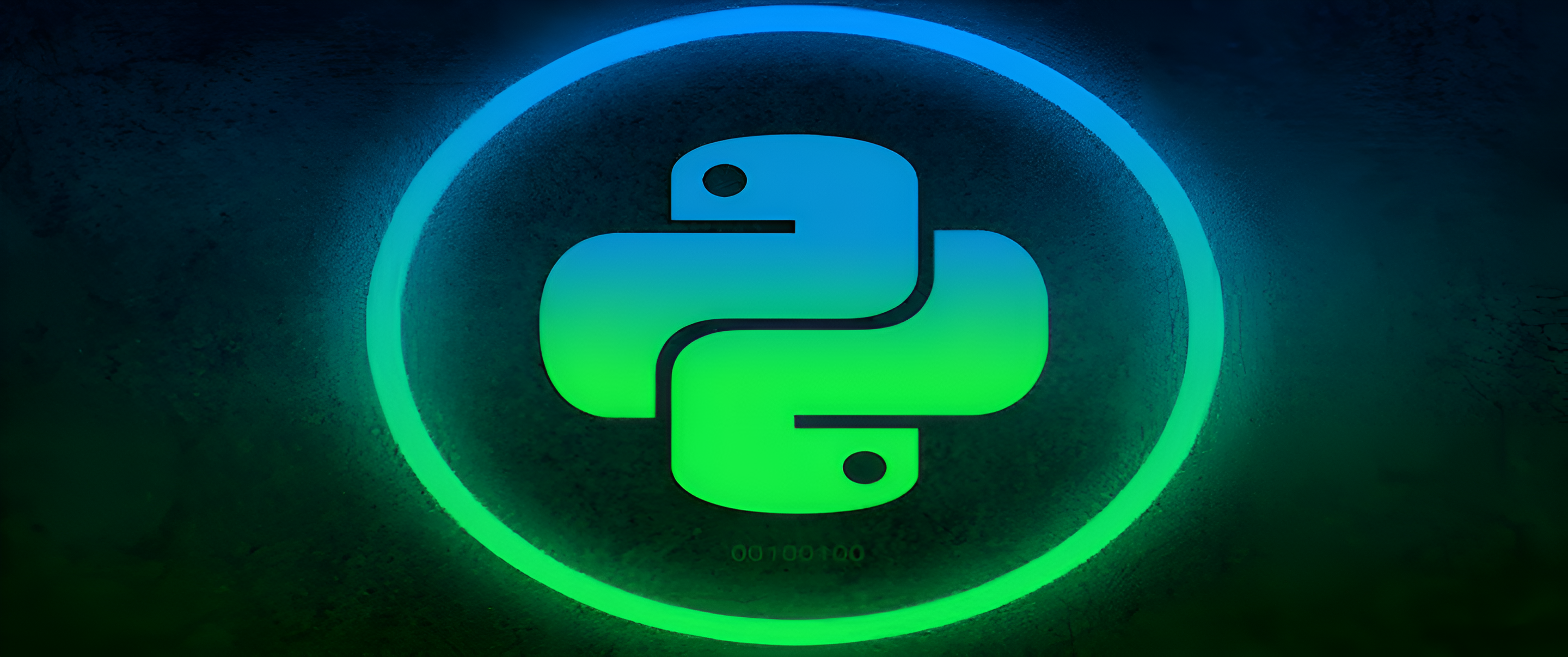Python has consistently ranked among the most popular programming languages for over a decade — and for good reason. Known for its simplicity and readability, Python allows developers to write clean and efficient code, which translates into faster development cycles and reduced maintenance costs for businesses. Whether you're building a web application, automating internal workflows, or analyzing data, Python offers a vast ecosystem of libraries and frameworks that accelerate innovation. Tools like Django and Flask have made web development more accessible, while libraries such as Pandas, NumPy, and TensorFlow empower data scientists and AI engineers to solve complex problems with ease. Startups and enterprise-level companies alike favor Python for its versatility and scalability. In fact, global tech giants including Google, Netflix, and Instagram continue to rely on Python for critical systems. Beyond technical power, Python benefits from a massive global community, which ensures robust documentation, frequent updates, and a continuous flow of new tools. For companies seeking reliable, future-ready solutions, Python remains a smart, strategic choice in the ever-evolving world of software development.
1. Simplicity and Readability
Python’s syntax is clean and straightforward, resembling natural language. This makes it easy to learn and write code, even for beginners. Unlike languages with complex syntax, Python emphasizes readability, reducing the learning curve and enabling developers to focus on problem-solving rather than syntax intricacies.
- Example: A simple Python loop is intuitive:
- Impact: Faster onboarding for new developers and fewer errors in code.
2. Versatility Across Domains
Python’s flexibility allows it to be used in diverse fields:
- Web Development: Frameworks like Django and Flask power scalable web applications.
- Data Science and Machine Learning: Libraries like Pandas, NumPy, and TensorFlow make Python the preferred choice for data analysis and AI.
- Automation: Python scripts simplify repetitive tasks, from file handling to web scraping.
- Game Development: Libraries like Pygame enable rapid prototyping of games.
- DevOps: Tools like Ansible and Docker integrate seamlessly with Python for infrastructure management.
3. Extensive Library Ecosystem
Python’s standard library and third-party packages are a treasure trove for developers. With over 300,000 packages available via PyPI, you can find tools for nearly any task:
- NumPy and Pandas for data manipulation.
- Requests for HTTP requests.
- Matplotlib and Seaborn for data visualization.
- Scikit-learn for machine learning.
4. Strong Community Support
Python boasts a massive, active community that contributes to its growth:
- Tutorials and Documentation: Abundant resources like official Python docs, Stack Overflow, and YouTube tutorials.
- Open-Source Contributions: Thousands of developers maintain and update libraries.
- Frameworks and Tools: Community-driven projects like Django and Jupyter enhance Python’s capabilities.
5. Cross-Platform Compatibility
Python runs seamlessly on Windows, macOS, Linux, and even mobile platforms. This cross-platform nature makes it ideal for developing applications that need to operate across different environments without significant modifications.
6. Scalability and Performance
While Python may not match the raw speed of languages like C++, its scalability is impressive:
- Enterprise Use: Companies like Google, Netflix, and Spotify use Python for large-scale applications.
- Optimization Tools: Libraries like PyPy and Cython improve performance for computationally intensive tasks.
7. Career Opportunities and Industry Demand
Python’s popularity translates into high demand for skilled developers:
- Job Market: Roles in data science, machine learning, web development, and automation frequently require Python expertise.
- Salary: Python developers often command competitive salaries due to the language’s widespread use.
- Learning Path: Its beginner-friendly nature makes it an excellent starting point for entering tech.
8. Integration Capabilities
Python integrates well with other languages and technologies:
- C/C++: For performance-critical components.
- JavaScript: In web development via frameworks like Django with Node.js.
- APIs and Databases: Python connects easily with REST APIs, SQL, and NoSQL databases.

